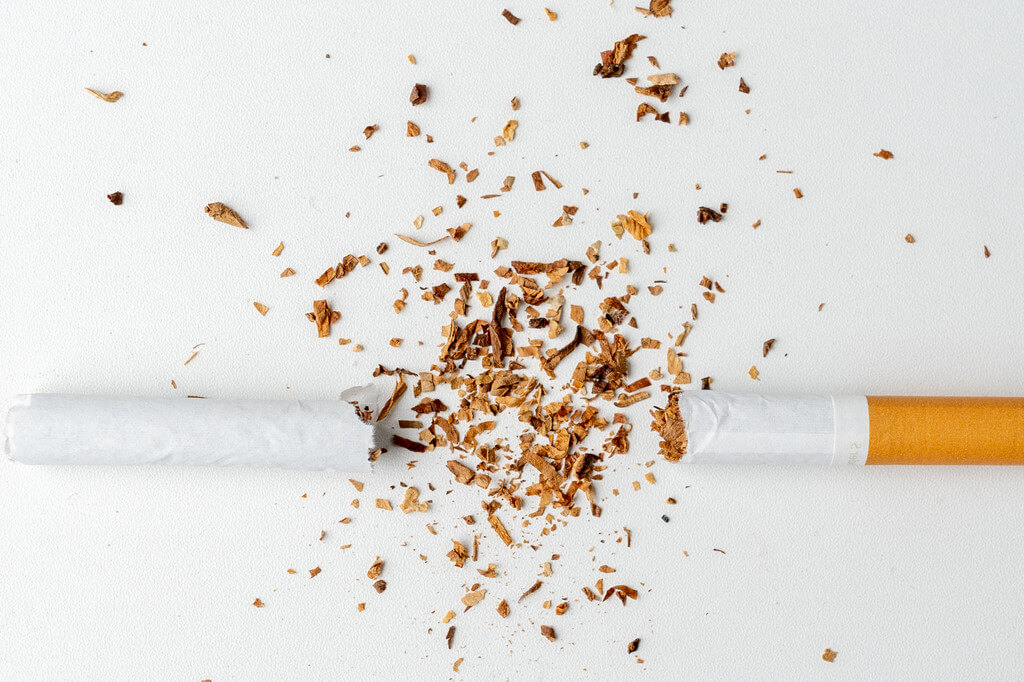Stakeholders in the tobacco industry have reacted strongly to the upcoming Tobacco Products and Electronic Delivery Systems Control Bill, which is currently being discussed by Parliament’s health portfolio committee. A number of interested parties have voiced concerns that the bill’s provisions may increase consumer distress and harm South Africa’s economy.
The goal of this disputed measure is to control the marketing, packaging, labelling, and general presentation of tobacco products and electronic delivery systems. The law also seeks to put controls on the production and export of such products, as well as to standardise packaging. These changes are in response to a worldwide effort to reduce the negative social and economic effects of tobacco use. The new amendments to the policy cover a wide range of provisions, such as:
- Regulating nicotine and non-nicotine electronic cigarette products.
- Mandatory use of plain packaging with prominent health warnings and pictures.
- No tobacco goods may be displayed for sale in any form.
- Making all indoor public rooms and certain outdoor areas smoke-free.
Complete Ban on Tobacco Product Vending Machines
To increase the bill’s effectiveness, lawmakers are considering a companion anti-smoking law that would impose hefty penalties or imprisonment of up to six months (or both) for smoking or vaping in close quarters with minors or nonsmokers, or in public places where youngsters congregate.
In addition, the Act forbids any tobacco product, including cigarettes, vapes, and e-cigarettes, from creating the idea that it is less dangerous than others. In this context, “vitalizing,” “energising,” “healing,” “rejuvenating,” “natural” or “organic properties,” and “flavoured taste” are all promotional buzzwords.
Several groups have voiced their opposition to this proposed legislation. Kurt Yeo, founder of Vaping Saved My Life, contends that small businesses, such as independent vape shops and tobacconists, will be negatively impacted by hiding products from sight and prohibiting all types of marketing. Many of them will go out of business because of this, he says. Reducing other economic activity and related taxes, as well as contributing to the already devastating unemployment rate as a result of layoffs.
According to Yeo, the implementation of plain packaging will only help illicit commerce because the standardised packaging mandated by law will be easy to replicate. According to him, the government’s efforts to curb the black market tobacco trade have not been commensurate with Article 15 of the World Health Organization’s Framework Convention on Tobacco Control. As a result, law enforcement will need to allocate more resources and make greater efforts to ensure the collection of excises. The typical taxpayer picks up the tab.
President of the Africa Harm Reduction Alliance (AHRA) Kgosi Letlape offered a different point of view, calling the legislation ‘outdated, short-sighted, and unscientific. To that end, he said, “It’s been scientifically proven that modern non-combustible products, like vapes, oral nicotine pouches, and heated tobacco products, are significantly less harmful than cigarettes and are the most effective tool for helping smokers to quit.” Nonetheless, the conflict between public health and business interests remains tense. The future of the tobacco sector in South Africa depends on how the country’s government decides to balance these competing interests.
About The Author:
Sizwe Mikhwenya is a seasoned journalist specialising in business, environment, and current affairs. With a decade-long career reporting on the pulse of South Africa, Lethabo’s work has been featured in some of the country’s most respected publications, earning recognition for her insightful, comprehensive reporting.




